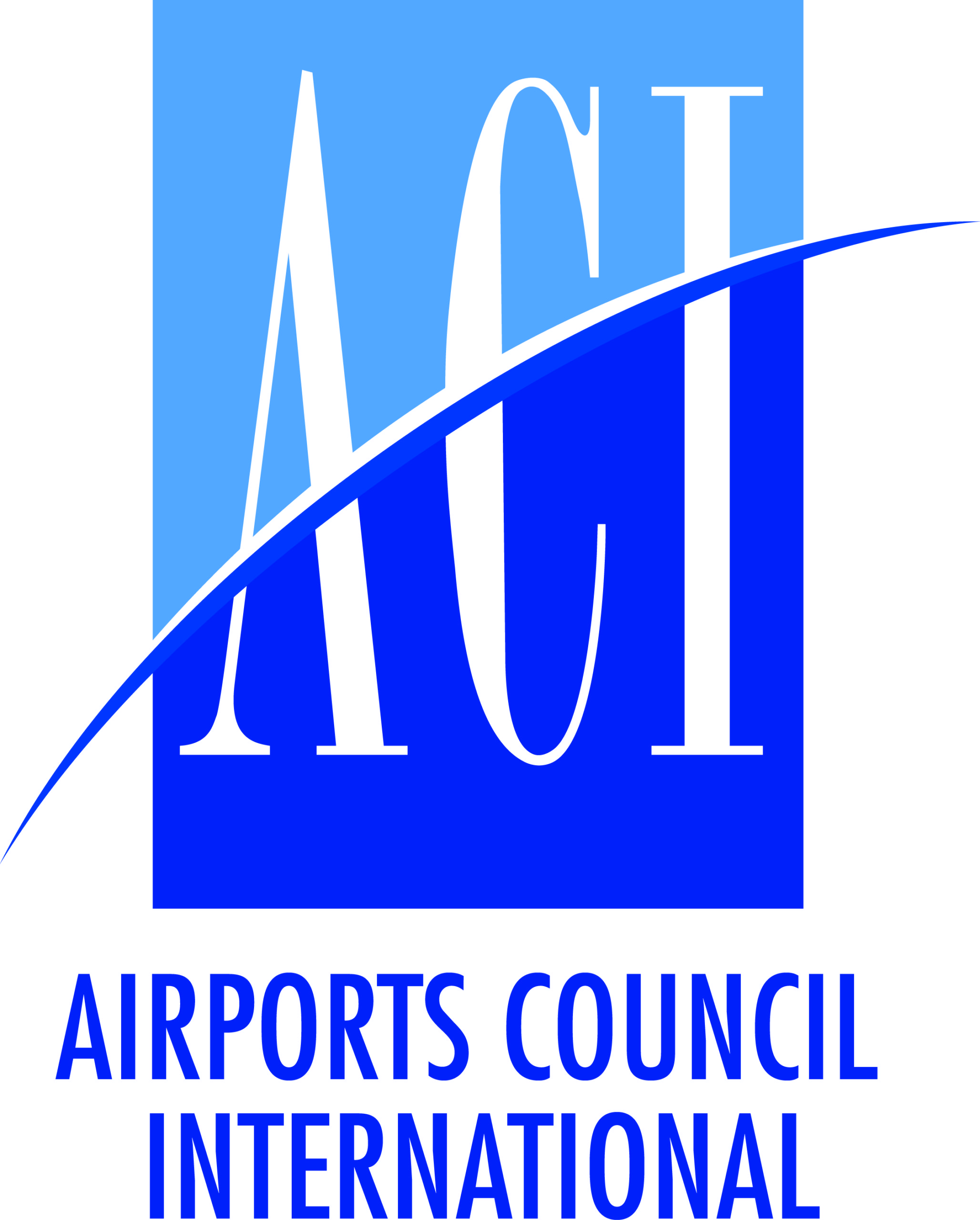Source: ACI World
- Meeting future capacity demand requires collaboration among all aviation stakeholders
Airports Council International (ACI) World acknowledges the growing challenge of meeting air traffic demand. Airports worldwide, supported by ACI, are working diligently to both increase the capacity of existing infrastructure and develop new facilities, which are essential components of addressing this challenge.
Airports naturally are incentivized to meet market demands by improving efficiency and accommodating growing passenger numbers and have been making significant investments over the last years to do so. However, to accommodate the projected growth in air traffic, all aviation stakeholders must contribute and work collaboratively.
Optimizing airport capacity utilization, including through slot policy, is a multifaceted challenge that cannot be solved by airports alone. The delivery of airport capacity is dependent on the coordinated actions of multiple stakeholders, including air traffic management, regulators, ground handlers, immigration and security screening services, as well as factors such as weather and regulatory requirements. Airline operations also have a direct impact on airport capacity. These interdependencies must be factored into any discussion about optimizing capacity.
Moreover, improving and expanding infrastructure to accommodate additional capacity requires significant investment. Airports have long advocated for the necessary funding to support these developments, including through reasonable increases in airport charges. However, the airline industry has consistently opposed these efforts, despite airport charges accounting on average only 4% of airlines’ total costs. The airline industry, which calls for increased capacity, remains resistant to funding the essential investments needed to achieve it.
Efficient airport slot policy is a critical element in optimizing capacity. For several years, ACI has advocated for aligning the Worldwide Airport Slot Guidelines (WASG) with contemporary market dynamics to more effectively address the diverse needs of all stakeholders, with consumers being the foremost priority.
While IATA’s White Paper regarding slots raises valid concerns, it fails to provide a complete, accurate, or balanced portrayal of the issue by placing undue blame solely on airports for inefficiencies in the current system. This narrow view ignores airlines’ own activities that lead to inefficient slot allocation and usage today, and distracts from the broader conversations and collaboration that are required to amend current slot principles and policies, which must evolve to adapt to current realities.
Airports have long advocated for a more ambitious revision of the slot system to address the inefficient use of slots, including through the Worldwide Airport Slot Board (WASB), the joint airport-airline-coordinator body established in 2020 to oversee the WASG. A broader conversation to amend current slot principles and policies is required.
Meeting future capacity requires collaboration
To accommodate the projected growth in air traffic, all aviation stakeholders must contribute and work collaboratively.
“Meeting future capacity demands requires collaboration,” said Darryl Dowd, Vice President, Safety, Security and Operations at ACI World. “Airports and airlines must work together to ensure fair and efficient slot allocation and usage, improved operations, and the necessary investments in infrastructure to support growth. ACI remains committed to fostering cooperation among stakeholders to deliver solutions that benefit passengers, economies, and the aviation ecosystem as a whole.”

